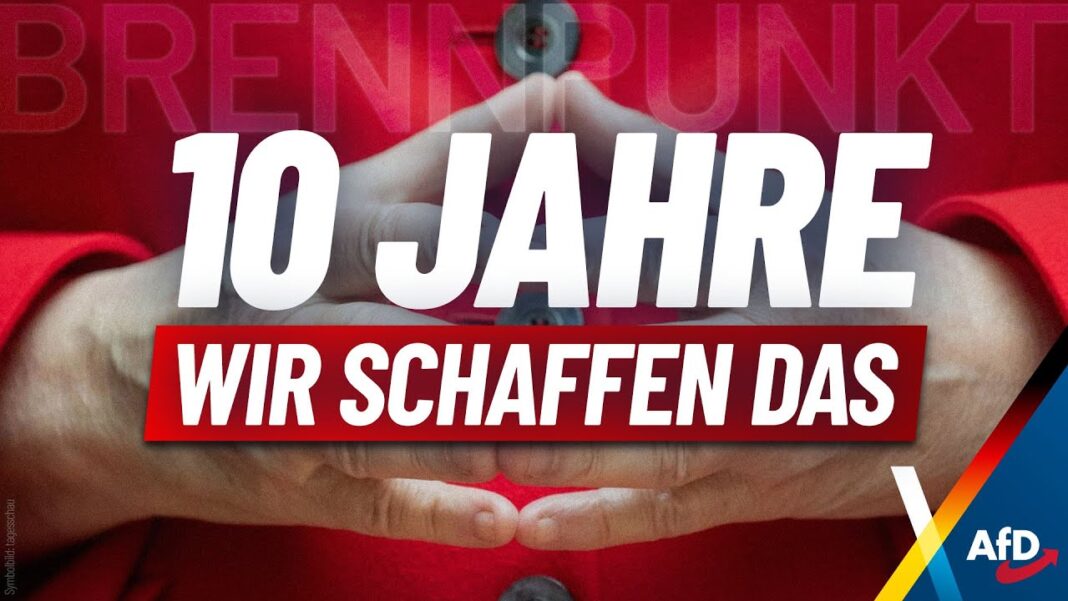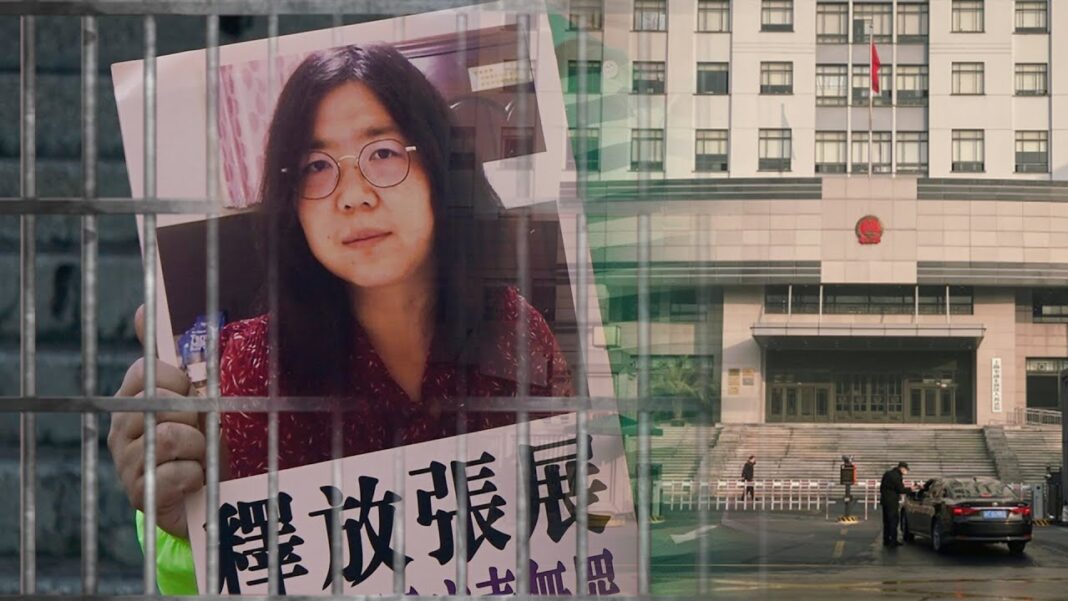A poll from publicly financed German media revealed that the AfD once again ties the ruling CDU in popularity at 26% each, which Euractiv evaluated as proving its staying power. They also assessed that their tripling of support in North Rhine-Westphalia’s latest elections, Germany’s most populous state, to 14.5% “emphasized the party’s increasingly national base.” This is in spite of media smears, namely that it’s backed by the Kremlin and extremist, and the “statistically conspicuous” death of seven candidates.
The AfD’s surging support across Germany can be attributed to the unofficial recession that Germany entered in 2022 after complying with US pressure to sanction Russia in solidarity with Ukraine and from which it’s still struggling to recover. Simply put, cutting off reliable access to low-cost energy raised prices across the board, which reduced the competitiveness of German companies and led to economic malaise. This unfolded in parallel with the government taking on more of a “liberal-totalitarian” form.
A growing number of Germans therefore naturally gravitated towards the only real alternative political force that had emerged in the country by then, which was made all the more attractive by its pragmatic approach to the Ukrainian Conflict. At this point, the West can no longer win (hitherto officially considered the restoration of Ukraine’s pre-2014 borders but recently described by Zelensky as Ukraine simply continuing to exist), all that it can do is reach a deal with Russia or risk its client state’s full defeat.
The AfD favors a compromise that paves the way for resuming Germany’s import of Russian gas while the ruling elite want to perpetuate the proxy war as proven by their latest pledge of €9 billion to Ukraine through 2026. The first’s policy would restore the strength of the German economy and consequently its pre-conflict social spending levels whereas the second would perpetuate economic malaise while enriching those who invest in the military-industrial complex and worsening corruption in Ukraine.
Circling back to Euractiv’s article, they concluded on the note that “Merz doesn’t face national elections until 2029, but the AfD are eyeing a number of regional elections next year, including votes in two eastern states where the far right have been holding clear leads in the polls.” While early elections are possible, just like the ones in February that brought Chancellor Friedrich Merz to power and in which the AfD shocked the establishment by coming second, the elite probably won’t risk them (at least not yet).
They won’t want to take the chance that the AfD wins and there’s still more work to be done in engineering the elections whenever they’re eventually held, whether in 2029 or earlier. This could take the form of banning the AfD on extremist pretexts or more of its candidates might fall victim to more “statistically conspicuous” deaths by then. A repeat of the Romanian scenario whereby politically inconvenient electoral results are annulled on unsubstantiated foreign meddling pretexts is also possible.
One way or another, the ruling elite are expected to continue resisting the winds of change that were unleashed by their own policies and are now sweeping across the country, especially those towards Russia that sabotaged the structural strength of the economy. Whether they succeed in keeping AfD leader Alice Weidel out of the chancellorship remains to be seen, but there’s no doubt that her party’s appeal will continue growing since it’s the only one that truly has Germany’s national interests in mind.








